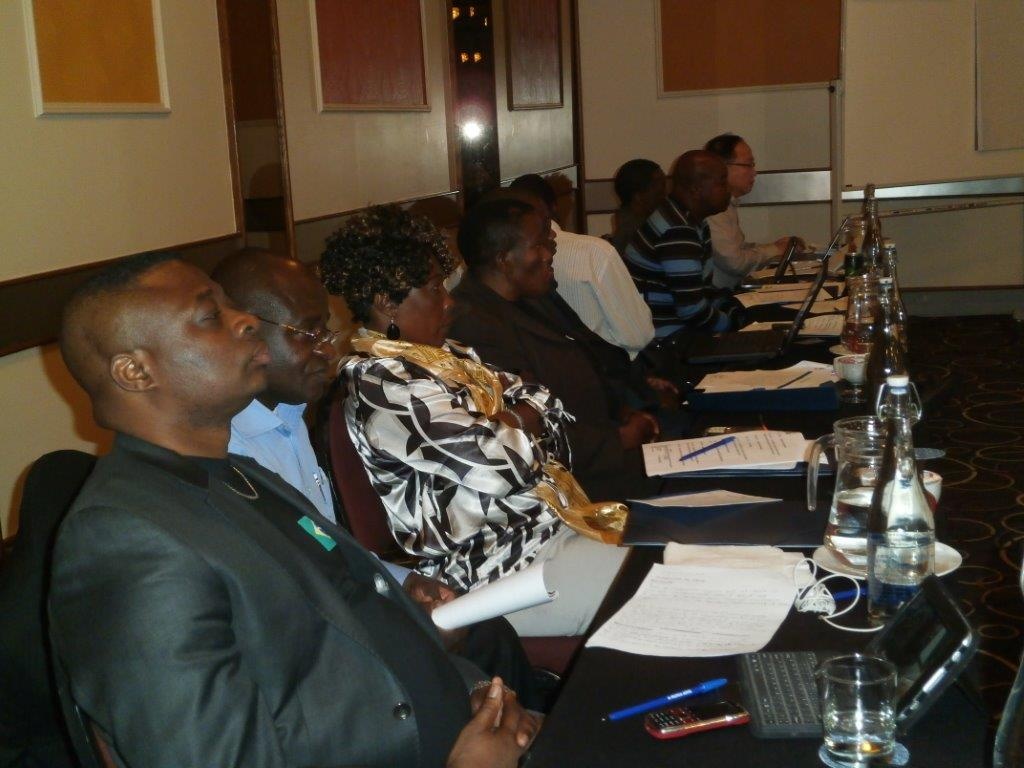Read this article in:
English
9 October, 2013Unionists from the countries of the Southern African Development Community (SADC) met in Johannesburg on 1 and 2 October and resolved to reinforce cooperation and continue strengthening energy sector unions in order to increase the union network influence in the energy sector.
36 participants representing unions organizing workers in the energy sector constitute the Southern Africa Energy Network (SAEN). The meeting of the group was sponsored by the Friedrich Ebert Foundation and IndustriALL Global Union.
A central goal of SAEN is to have influence on the regional energy delivery landscape by pushing for the inclusion of labour issues in the Southern African Power Pool (SAPP) where key discussions take place. SAPP was created in 1995 by SADC countries and is aimed at providing reliable and economical electricity to the consumers of its member states while considering reasonable use of natural resources and the effect on the environment.
At the meeeting the participants agreed that SEAN could influence the inclusion of the labour issues in SAPP agenda only thorugh the coordinated cooperation among energy sector unions in Southern Africa.
SAEN meeting particpants resolved that research was needed to support the work of the network, as well as discussed and agreed upon the concepts of mapping the industrial relations landscape in the energy sector in the region. Labor Research Service (LRS) represented by Michelle Taal has been commissioned to do the mapping and research.
Participants reflected on the achievements of the network in 2012, in particular coming together to give solidarity support to the Zimbabwe Electricity Workers Union (ZEWU) throughout the ordeal of the suspension of 135 workers at the state owned utility ZESA, all of whom have now been reinstated with the exception of the union’s president, Angeline Chitambo. ZEWU continues to fight the dismissal.
Participants also received reports on the work that has been done to strengthen energy unions NESAWU in Zambia and SINTIME in Mozambique. Capacity building is an important area of work for the network and participants recommitted to building self sustainability.
Decisions were taken on campaign areas for 2014, to address precarious work in the sector and call for a living wage. A campaign would also be carried out aimed at giving workers in the energy sector the right to strike, denied to energy workers in these countries as they are considered to be performing an essential service.






